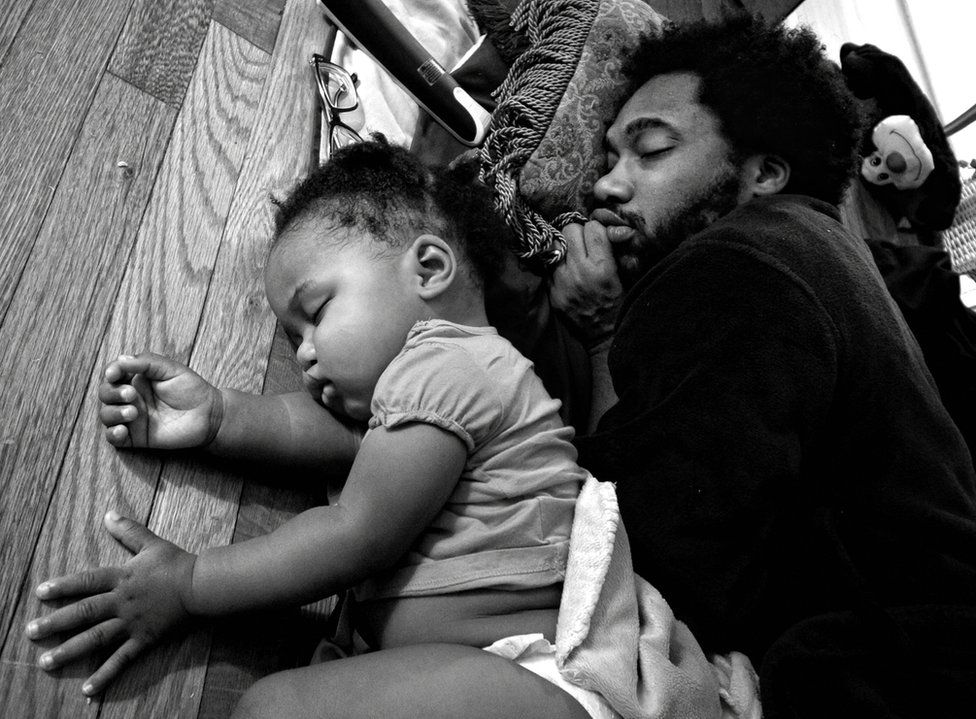So after a pregnant silence, she told me the story of how she met somebody just before she met the man I thought was my dad.Posted in Excerpts/Quotes on 2018-03-25 03:26Z by Steven |
In 2004, my mother and I were having an argument and she called me a “Black bastard.” And I’m like, even if you want to hurt my feelings, who says that? Call me stupid. call me whatever, but “Black bastard?” Where did that come from? So after a pregnant silence, she told me the story of how she met somebody just before she met the man I thought was my dad. She doesn’t really remember a whole lot about him; it was a short-lived relationship. But he was Black. African American. Of course, I was shocked. But I also had a sense of relief and affirmation. And while I was having a lot of questions—I wanted to know who this man was, I wanted some evidence—all these pieces just fell into place: why my lips were bigger, why my skin was darker, why I didn’t look like the rest of my family, and perhaps even why I gravitated to the people and things that I did. It just explained a lot of things that I had a hard time explaining to myself. And it made me feel like perhaps all the choices I had made were not necessarily mine to have made. Maybe in a strange way my biological father had been guiding me towards myself all along. —Zun Lee
Yaba Blay, (1)ne Drop: Shifting the Lens on Race, (Philadelphia: BLACKprint Press, 2013). 92-93.

